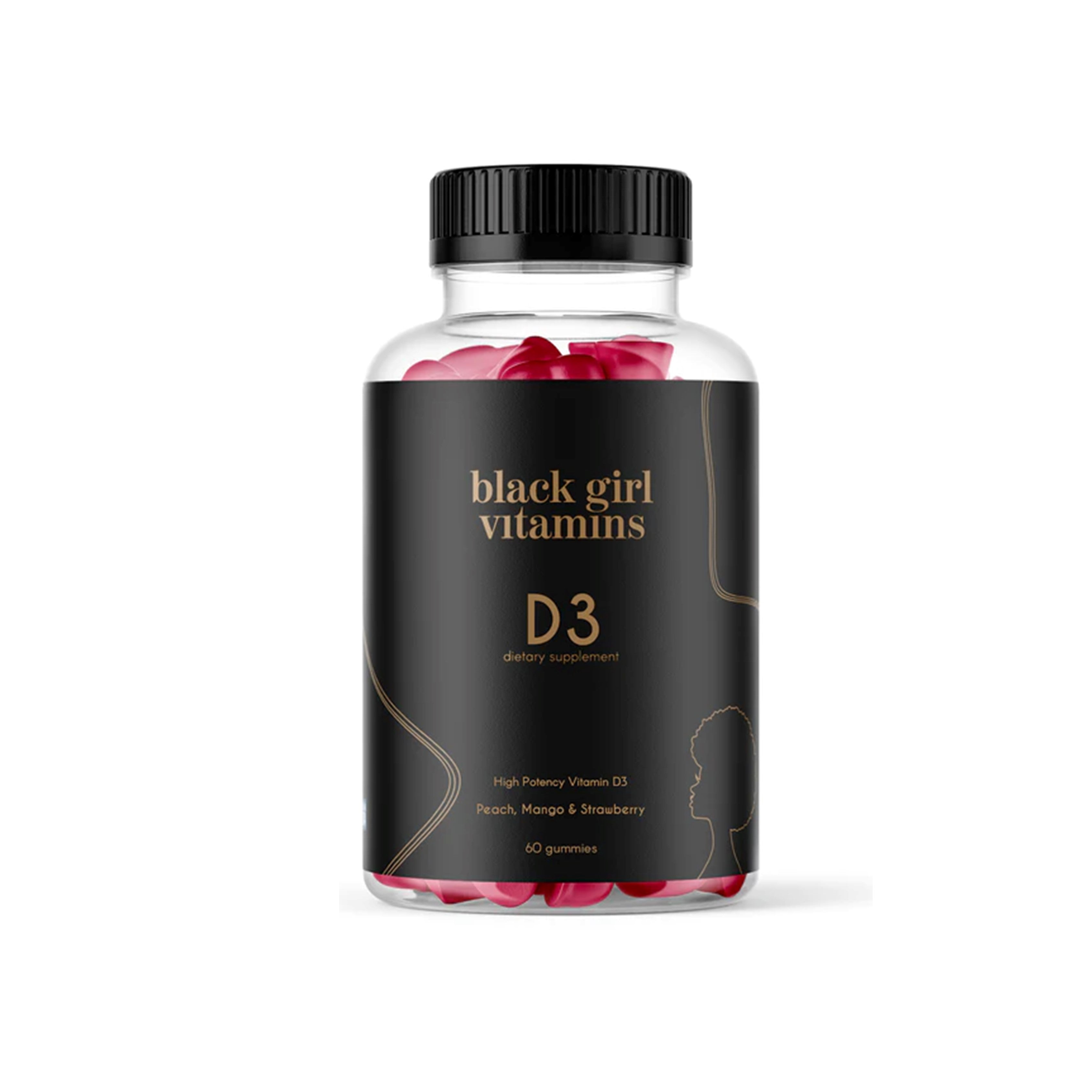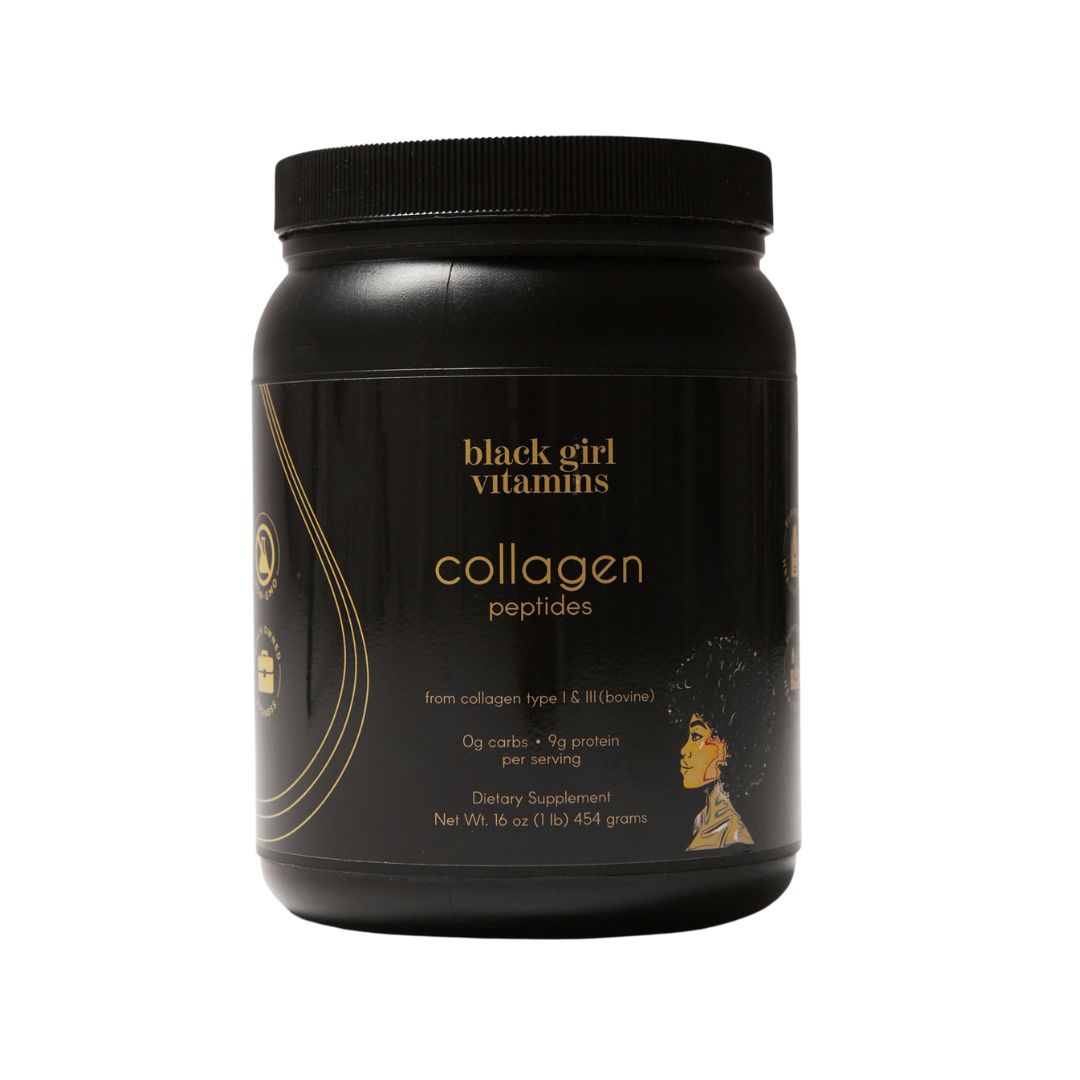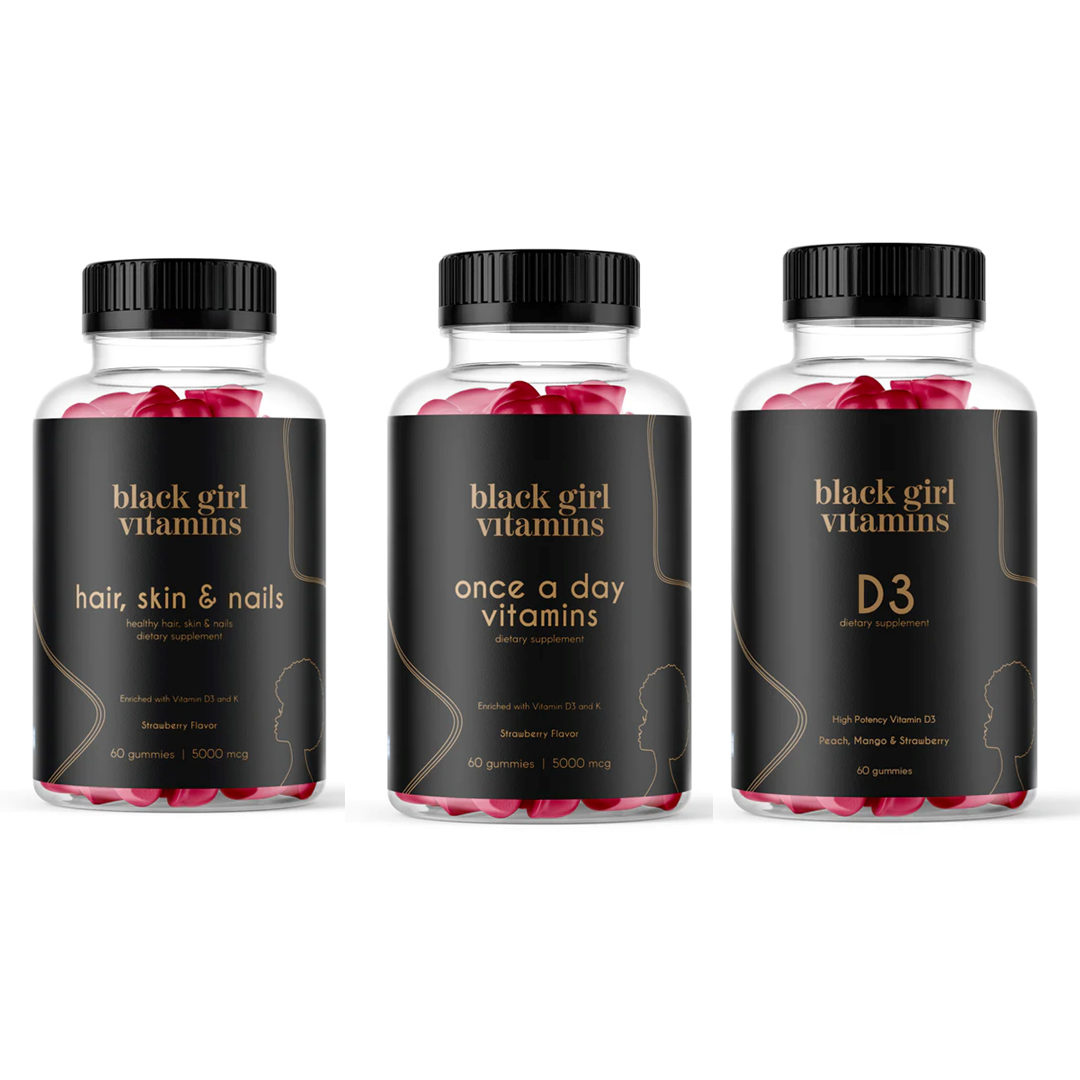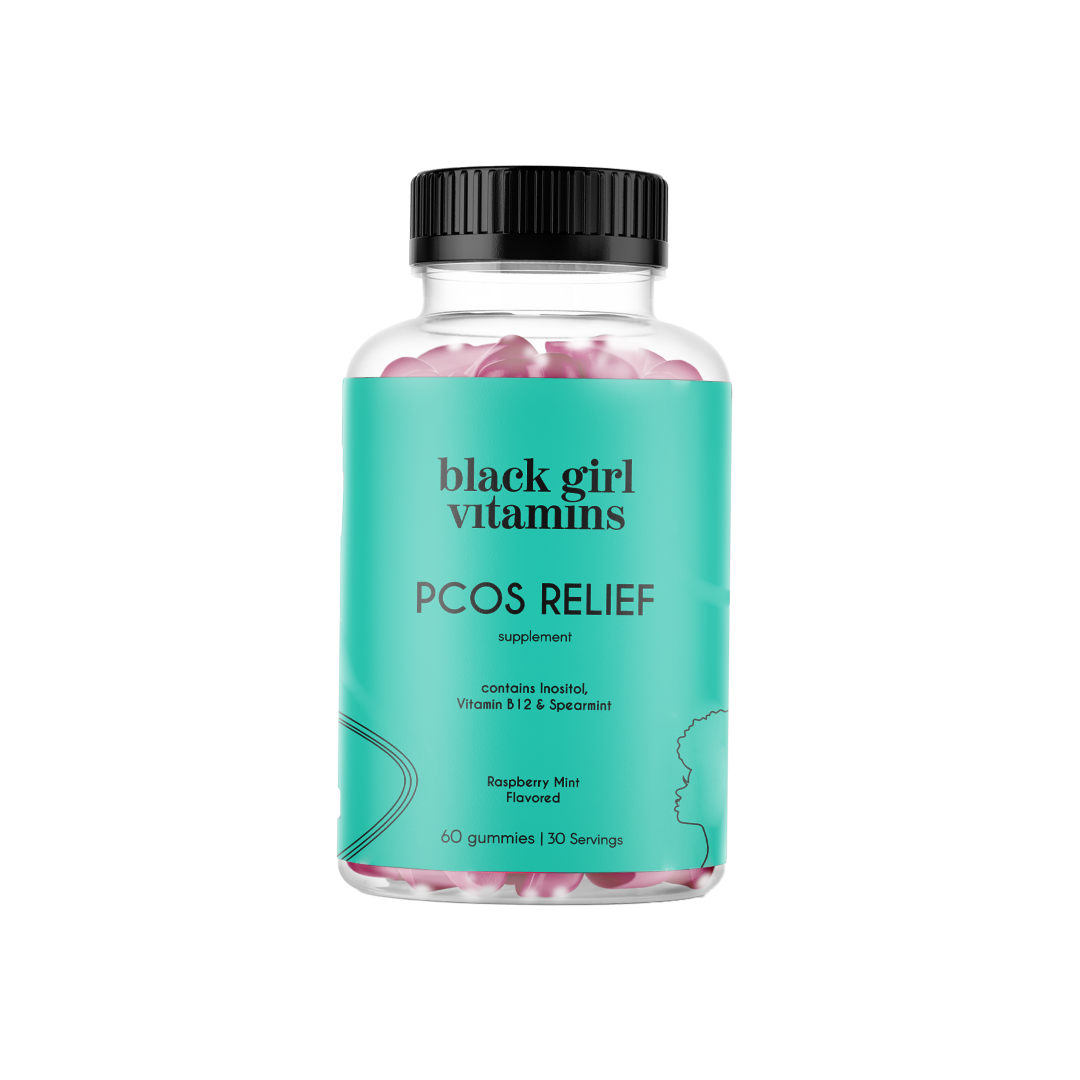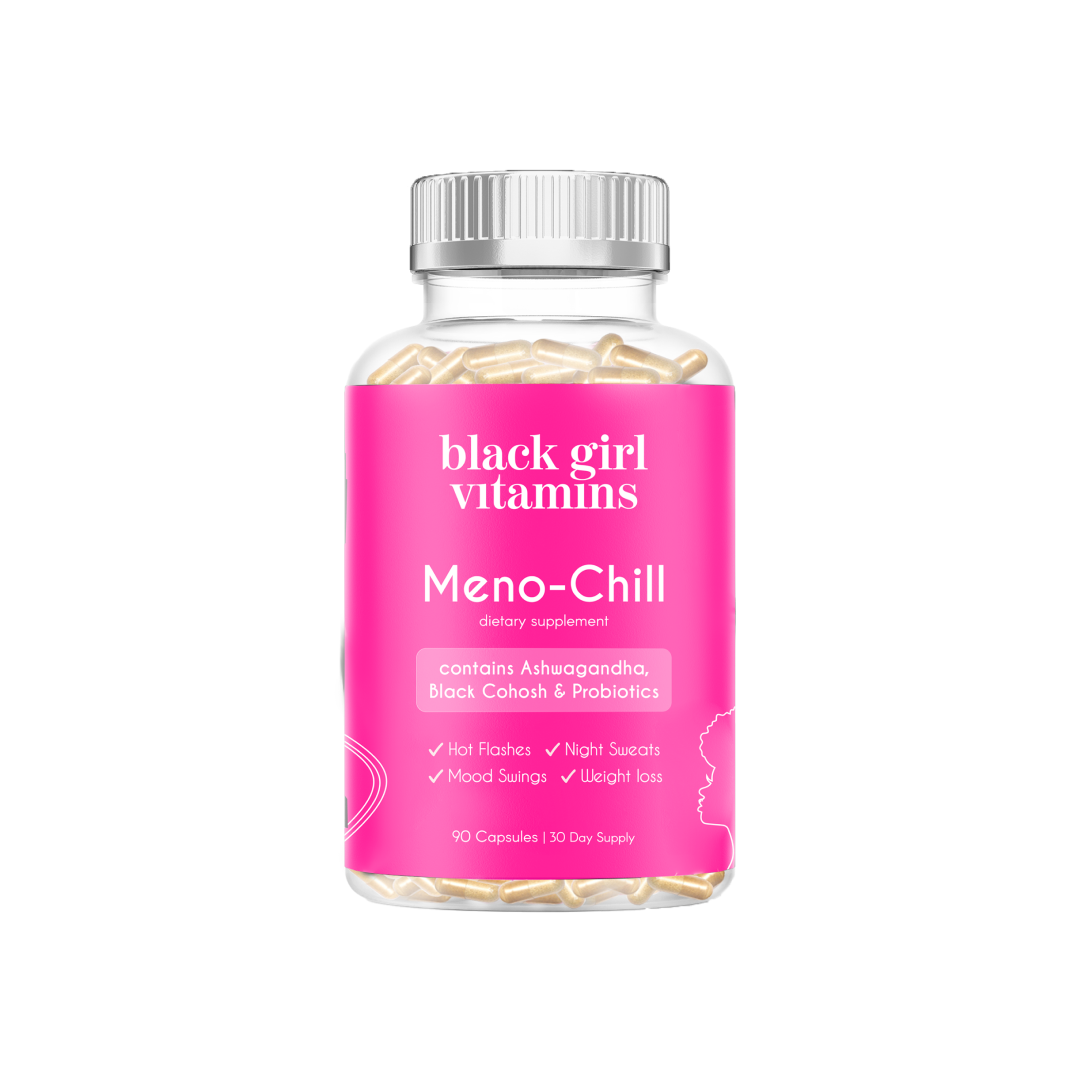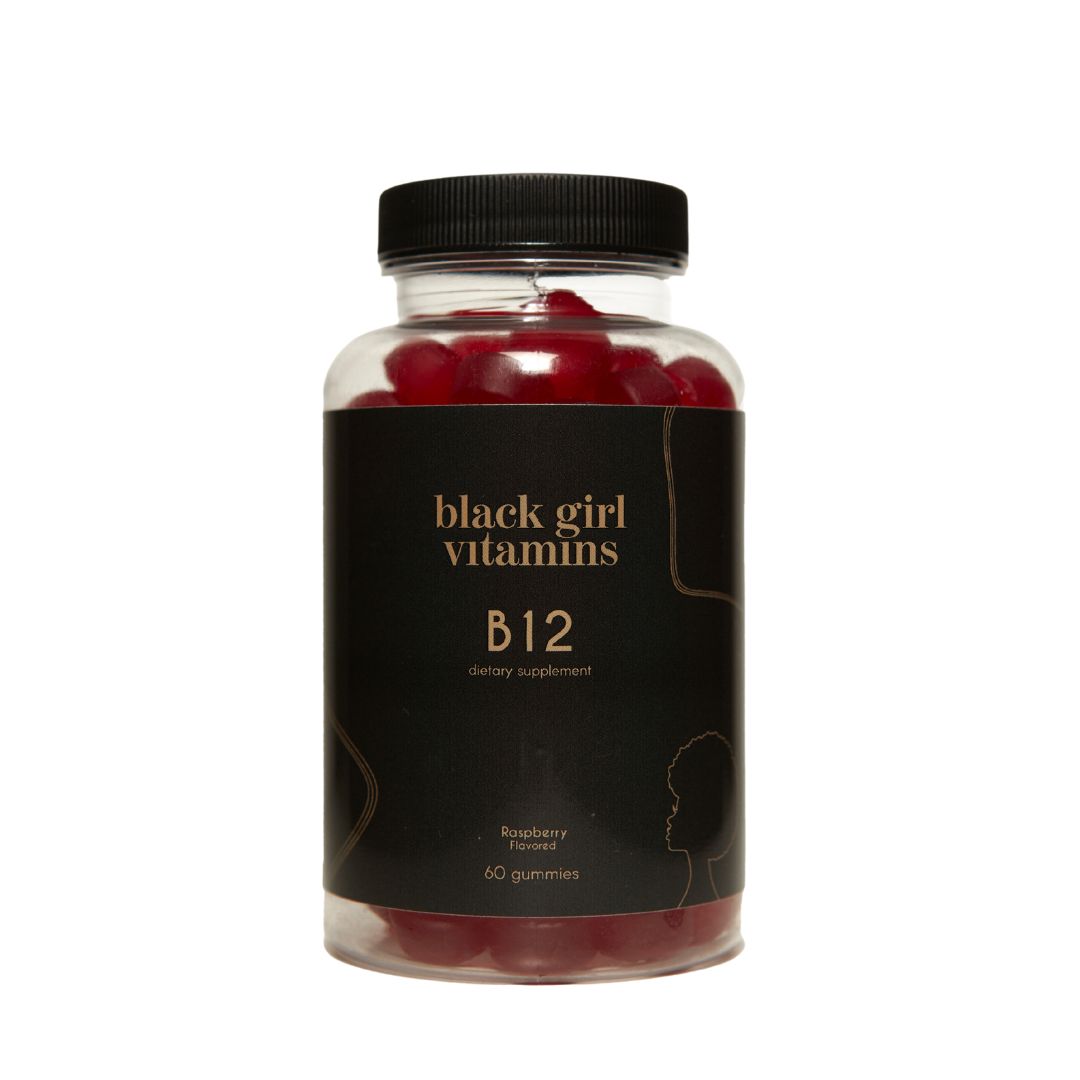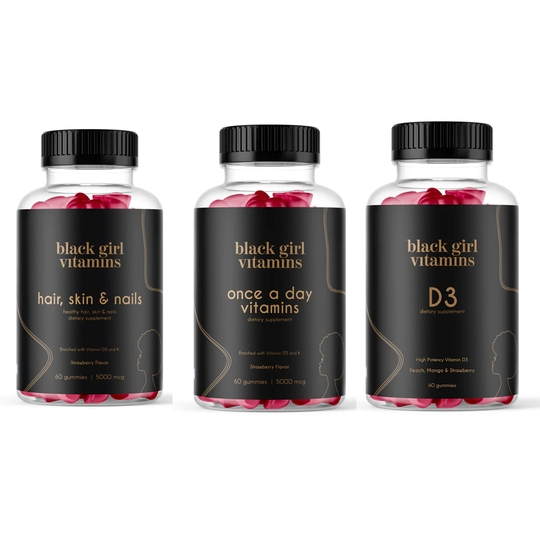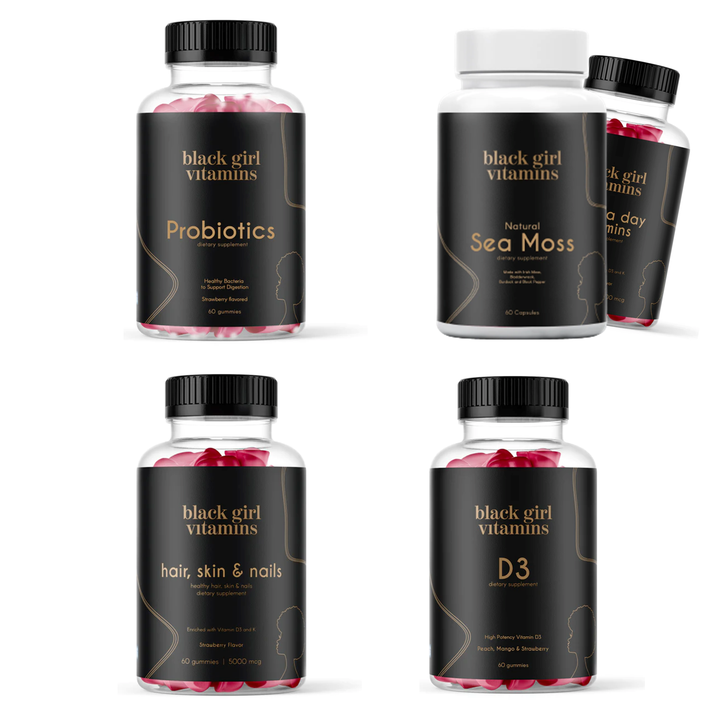All You Need To Know About Omega-3
Omega-3 fatty acids are crucial for maintaining good health, and among them, DHA (Docosahexaenoic Acid) stands out as one of the most important components.
What is Omega DHA?**
DHA is a type of omega-3 fatty acid that is commonly found in fatty fish like salmon, mackerel, and sardines. DHA is a major structural component of the brain and retina, making it essential for brain development and function, especially in infants and young children.

Benefits of Omega DHA
- Brain Health: DHA is a key component of the brain's cell membranes and plays a crucial role in cognitive function. Adequate levels of DHA have been associated with improved memory, focus, and overall brain health.
- Heart Health: Omega DHA helps lower inflammation and reduce the risk of heart disease by improving cholesterol levels, reducing blood pressure, and decreasing the risk of blood clot formation.
- Eye Health: DHA is essential for maintaining good vision and promoting eye health, especially in infants and the elderly. It is a major component of the retina and helps protect against age-related eye diseases like macular degeneration.
- Mood and Behavior: Research suggests that DHA may have a positive impact on mood and behavior by reducing symptoms of depression and anxiety and improving overall emotional well-being.
Apart from fatty fish, you can also get DHA from other sources such as Algae. Certain types of algae are rich in DHA and are a great option for vegetarians and vegans looking to increase their omega-3 intake. Another source of DHA are supplements. Omega-3 supplements, particularly those derived from fish oil or algae oil, are a convenient way to ensure you are getting an adequate amount of DHA in your diet.

It's important to note that while DHA is essential for overall health, it is crucial to maintain a balance with other omega-3 fatty acids such as EPA (Eicosapentaenoic Acid). Both DHA and EPA work together to provide their health benefits, so incorporating a variety of omega-3 sources in your diet is recommended.
Remember, before making significant changes to your diet or starting any new supplements, it's always best to consult with a healthcare professional or a registered dietitian to ensure you are meeting your individual nutritional needs.
Incorporating Omega DHA into one’s diet can have numerous health benefits, from supporting brain function to promoting heart health and overall well-being. So, consider adding more DHA-rich foods to your meals or speak with a healthcare provider about incorporating supplements into your routine for optimal health outcomes!





